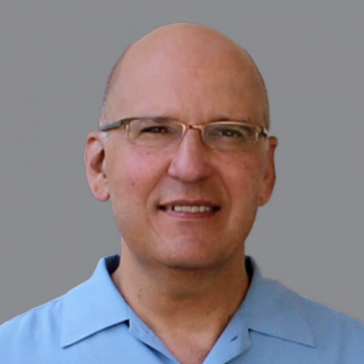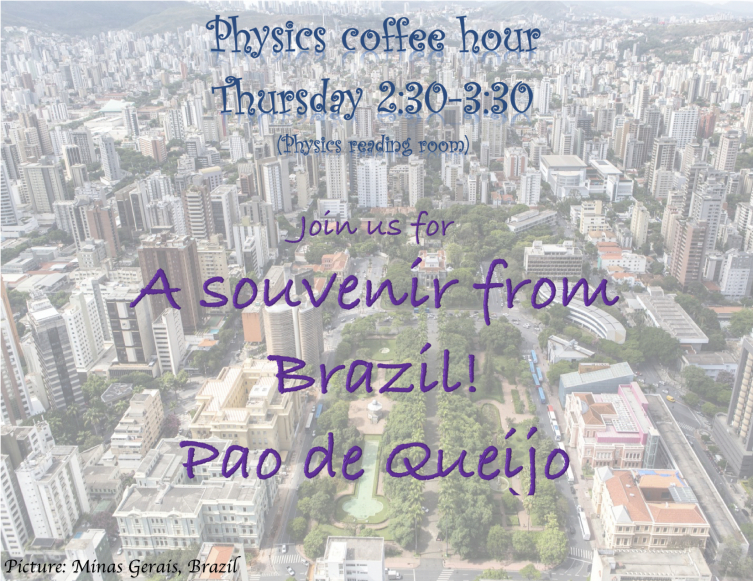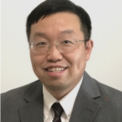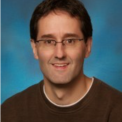Massive stars die in spectacular explosions known as core collapse supernovae, and their deaths give birth either directly or indirectly to the lion’s share of the elements in the Universe, the building blocks of life. Exactly how core collapse supernovae occur has been the focus of intense research for more than half a century. They are “multi-physics” events – in fact, much of classical and modern physics is manifest in these explosions. The modeling challenges, associated with capturing all of this physics, representing it mathematically for the purpose of performing computer simulations, and developing solution algorithms for the representative mathematical equations, optimized for today’s “leadership-class” supercomputers, are daunting. Yet significant progress has been made and progress is accelerating, due to the accumulation of knowledge from past simulation and the ever- increasing capabilities of supercomputers. I will discuss the physics and astronomy of core collapse supernovae, the current modeling state of the art, future modeling requirements, and the exciting prospects of a “multi-messenger” observation of a Galactic core collapse supernova in photons, neutrinos, and gravitational waves and what that could tell us about stellar death and about fundamental nuclear and particle physics that may never be accessible in terrestrial experiments.
About Professor Anthony Messacappa
 Dr. Mezzacappa is the Newton W. and Wilma C. Thomas Endowed Chair in Theoretical and Computational Astrophysics in the Department of Physics and Astronomy at the University of Tennessee, Knoxville and the Director of the Joint Institute for Computational Sciences, joint between the University of Tennessee and its UT-Battelle partner universities and the Oak Ridge National Laboratory. Prior to this, Dr. Mezzacappa was a Corporate Fellow at the Oak Ridge National Laboratory, Group Leader for Theoretical Physics in its Physics Division, Group Leader for Computational Astrophysics in its Computer Science and Mathematics Division, and had been on staff at ORNL since 1996, where he created one of the leading core collapse supernova research programs in the world. Dr. Mezzacappa held postdoctoral appointments at the University of Pennsylvania and the University of North Carolina at Chapel Hill before joining ORNL. He completed his B.S. degree in physics at M.I.T. in 1980, and his Ph.D. in physics at the Center for Relativity at the University of Texas at Austin in 1988. He has worked in the areas of astrophysics and cosmology and specializes in the theory of core collapse supernovae.
Dr. Mezzacappa is the Newton W. and Wilma C. Thomas Endowed Chair in Theoretical and Computational Astrophysics in the Department of Physics and Astronomy at the University of Tennessee, Knoxville and the Director of the Joint Institute for Computational Sciences, joint between the University of Tennessee and its UT-Battelle partner universities and the Oak Ridge National Laboratory. Prior to this, Dr. Mezzacappa was a Corporate Fellow at the Oak Ridge National Laboratory, Group Leader for Theoretical Physics in its Physics Division, Group Leader for Computational Astrophysics in its Computer Science and Mathematics Division, and had been on staff at ORNL since 1996, where he created one of the leading core collapse supernova research programs in the world. Dr. Mezzacappa held postdoctoral appointments at the University of Pennsylvania and the University of North Carolina at Chapel Hill before joining ORNL. He completed his B.S. degree in physics at M.I.T. in 1980, and his Ph.D. in physics at the Center for Relativity at the University of Texas at Austin in 1988. He has worked in the areas of astrophysics and cosmology and specializes in the theory of core collapse supernovae.
Dr. Mezzacappa received a DOE Young Scientist Award from Secretary of Energy Richardson and a Presidential Early Career Award for Scientists and Engineers (PECASE) from President Clinton in 1999 for his contributions to core collapse supernova theory. He was the Principal Investigator of the first large-scale, multi-investigator, multi-institutional computational astrophysics effort in the U.S. to focus on core collapse supernovae: the DOE SciDAC Terascale Supernova Initiative. Dr. Mezzacappa was elected a Fellow of the American Physical Society in 2004 and a UT-Battelle Corporate Fellow in 2005 in recognition of his supernova research and his role, much more broadly, in the development of computational science in the U.S.
Dr. Mezzacappa was a member of the DOE Advanced Scientific Computing Advisory Committee’s Exascale Subcommittee and coauthor of several reports motivating tera-, peta-, and exa-scale computing, including Forefront Questions in Nuclear Science and the Role of High-Performance Computing; Scientific Challenges for Understanding the Quantum Universe and the Role of Computing at Extreme Scale; Modeling and Simulation at the Exascale for Energy and the Environment; andA Science-Based Case for Large-Scale Simulation. He was also a member of the Facilities, Funding, and Programs Independent Study Group for the Astro2010 Decadal Survey and a Co-Convener of the Computing Frontier, Astrophysics and Cosmology for the APS Divisions of Astrophysics and Particle Physics Snowmass 2013 High Energy Physics Decadal Planning. Dr. Mezzacappa also serves on the Editorial Board of the International Journal of High-Performance Computing Applications. Most recently, he is serving as Deputy Theory Chair of the Core Collapse Supernova Subgroup of the Gravitational Wave International Committee’s (GWIC) Third Generation (3G) Science Case Team, whose responsibility will be to develop The Science Case for the Next-Generation of Ground-Based Gravitational-Wave Detectors. Dr. Mezzacappa also serves as Chair of the international Supernova Multi-messenger Consortium, which he founded to assist the LIGO–Virgo Scientific Collaboration (LVC) in its efforts to detect gravitational waves from core collapse supernovae.
Dr. Mezzacappa has authored or coauthored more than 200 scientific publications, has edited or coedited 8 volumes in his field or in the broader field of computational science, and has given numerous invited talks internationally. He has also devoted significant time and effort to education and outreach, both locally and nationally/internationally. He has been active in communicating science to the general public. He and his work have been featured on the National Geographic Channel and in Science, Physics Today, Scientific American, and HPCwire, to name a few venues.




 One of our Brazilian students, Fabricio, is providing traditional Brazilian "cheese breads" called Pao deQueijo.
One of our Brazilian students, Fabricio, is providing traditional Brazilian "cheese breads" called Pao deQueijo.

